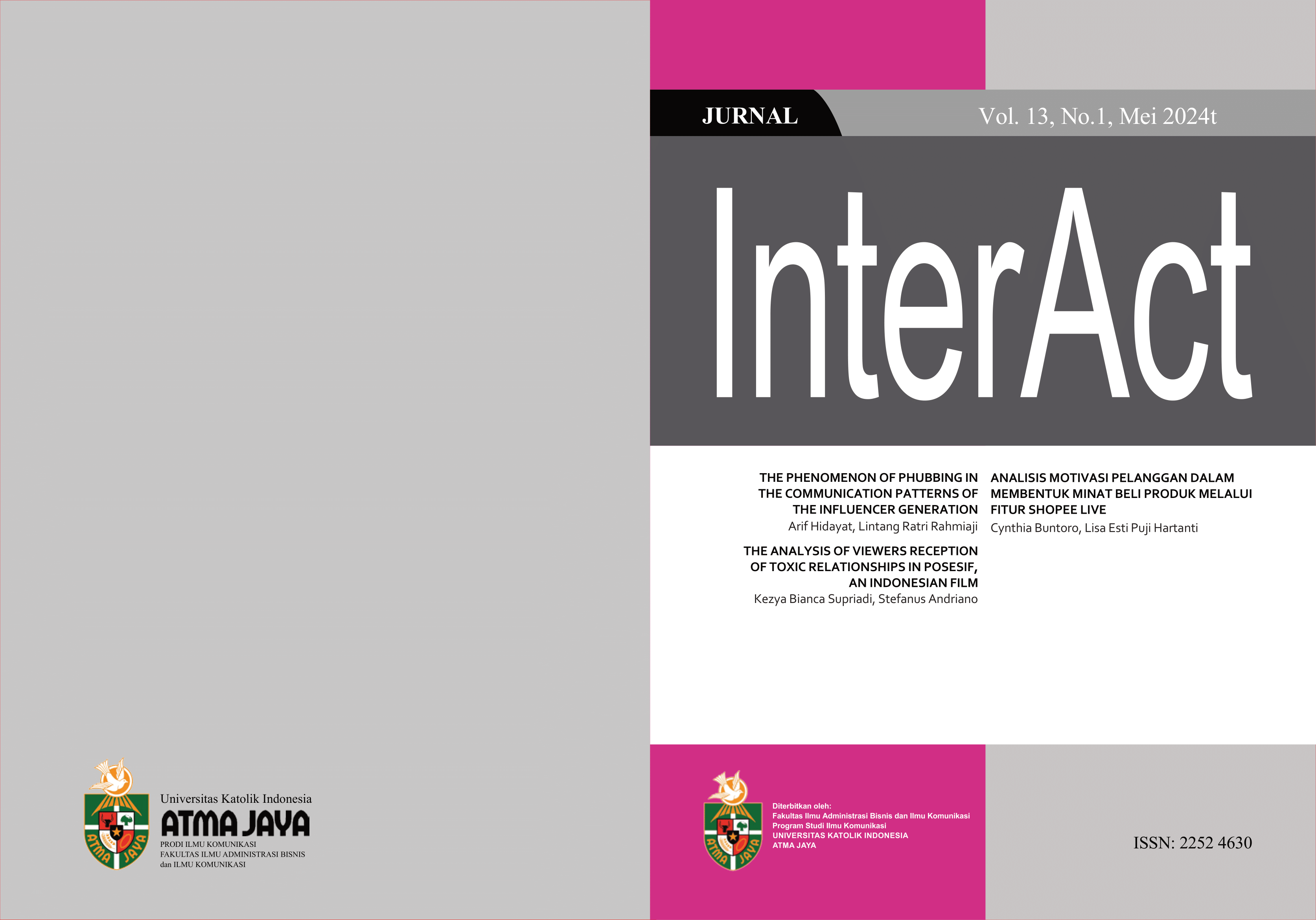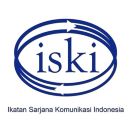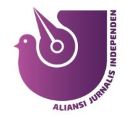The Phenomenon of Phubbing in The Communication Patterns of The Influencer Generation
DOI:
https://doi.org/10.25170/interact.v13i1.5101Keywords:
Phubbing Phenomenon, Communication Patterns, Theory of Technological DeterminismAbstract
The rapid development of technology in the modern era triggers new characters in society due to the onslaught of information and communication technology development. This is also close to the influencer generation or Gen Z. One of the new characters is Phubbing, which comes from the words “phone” and “snubbing”, which is meant as the phenomenon of insulting or ignoring someone because they are too focused on the device. Previous studies show that 80.2% of influencers or gen Z have phubbed, and 91.3% admitted to having been phubbed by a phubbee due to excessive device use. One can lose trust, disharmonious interpersonal relationships, and empathy. So, this research aims to look at and study the theory of technological determinism from this point of view. To investigate the phubbing phenomenon, a descriptive qualitative approach was used. In addition, to obtain information about phubbing, the research subject used purposive nonprobability sampling method with 8 participants. The results showed that the presence of new media can cause phubbing to change the communication patterns of the influencer generation or Gen Z. Then, the main component of phubbing is the presence of new media. Then, the main component of phubbing is losing one's control over the use of new media. With most audiences considering phubbing as normal, this leads to a social order system that is plunged by technological determinism. The study of phubbing is reinforced by the theory of technological determinism. Technological advances allow audiences to take direct action. This research hopes to open new insights and perspectives in research and offer solutions for audiences to deal with the phenomenon of phubbing in the digital age.













